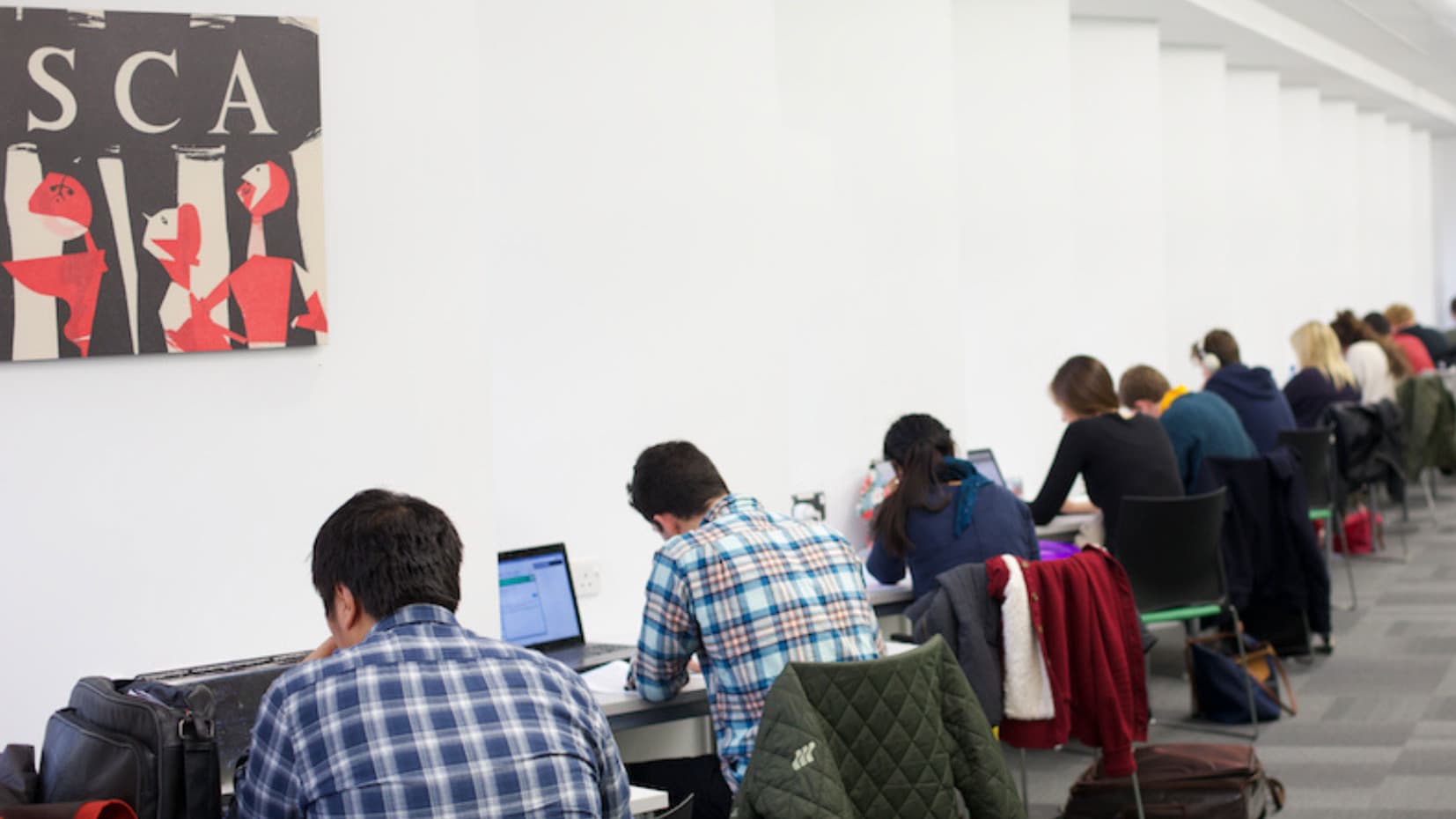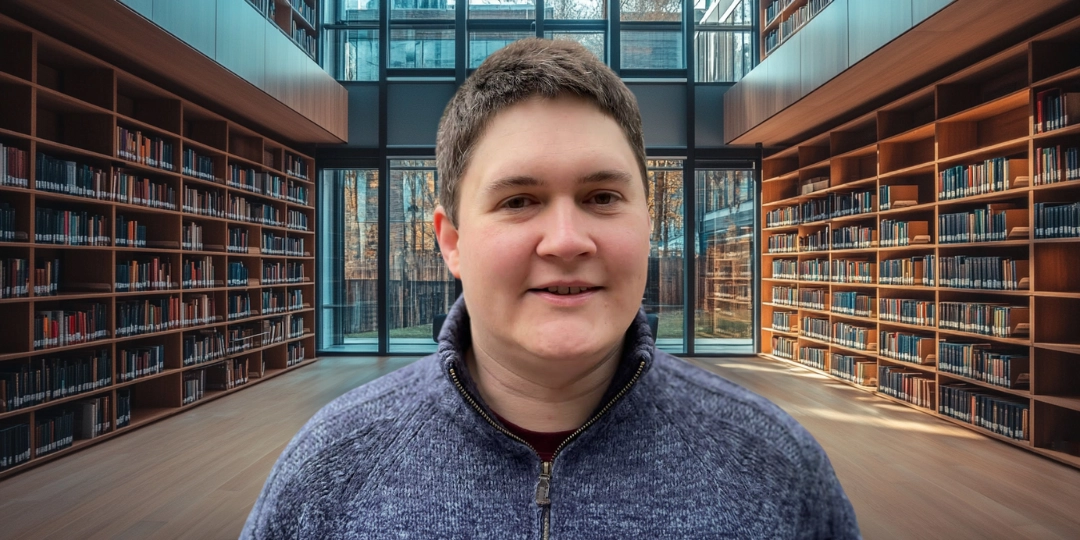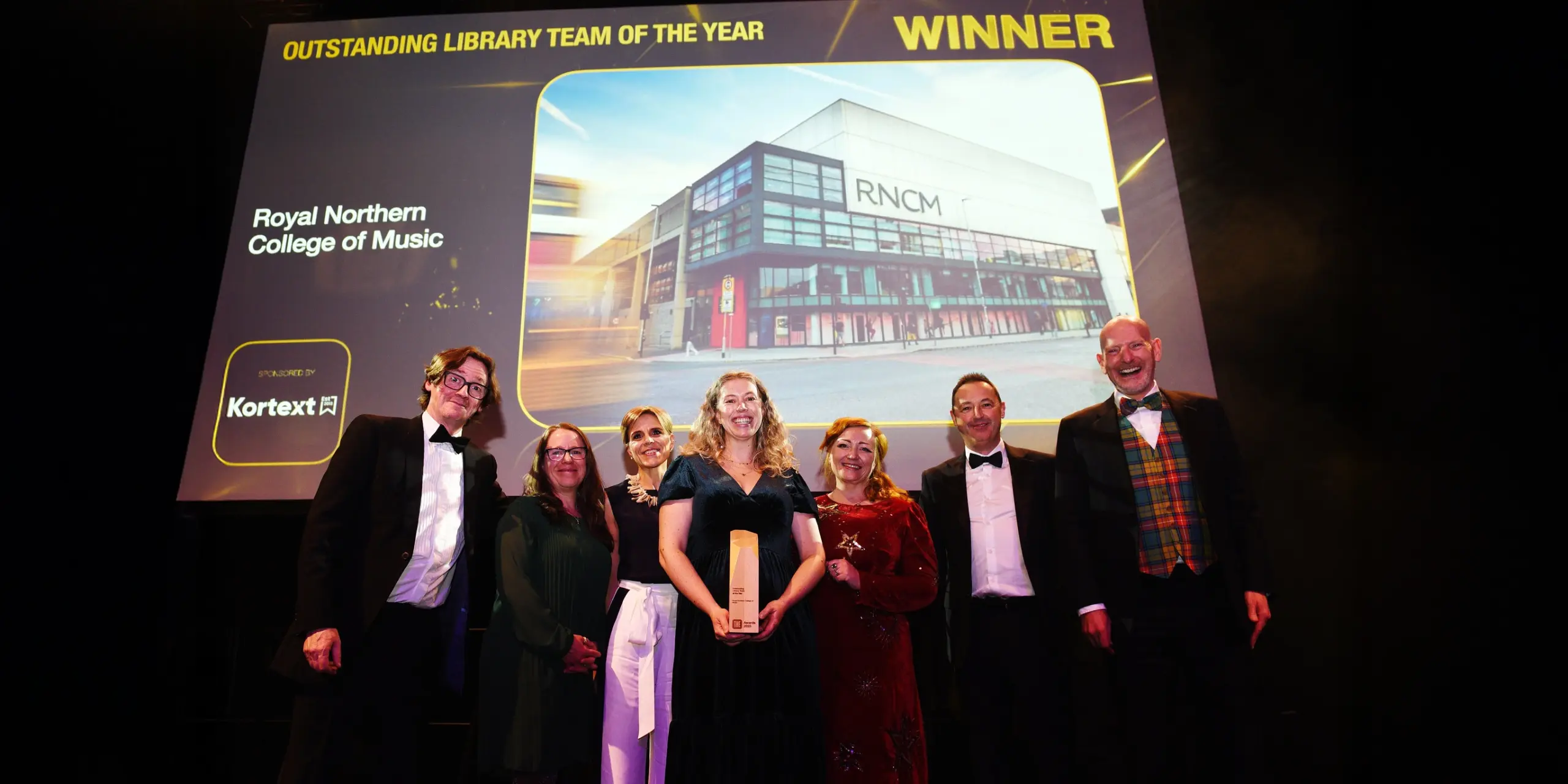An interview with Phil Barraclough, University of Exeter
This month we’ve taken a different approach to our Meet the Librarian blog!
Ella Kennedy, a Kortext Student Ambassador, spoke to Phil Barraclough, Library Data Analyst at the University of Exeter.
Read on for insights into Phil’s job, the impact of the pandemic, and thoughts about emerging library trends.
Can you describe a typical day in your role?
It’s quite a varied job so there isn’t a typical day.
My role has three parts: statistical analysis, marketing and support for eBooks and e-resources, and administering our eTextbook programme with Kortext.
One of the first things I do in the morning is check the library system for demand trends, and usually buy some eBooks according to that demand.
Another thing I do is provide technical support to individual students to build their confidence with online library resources; this is usually around the start of term but the service is open to everyone by appointment.
I then look at the statistics of what students and staff are using and ensure all eTextbooks on reading lists are available with the best supplier.
Finally, I assess staffing workloads within our small library team to make sure we can respond to everything and offer support in a timely manner.

How has your role evolved in recent years?
My role is actually fairly new – I started in February 2021. The library had considered this role for quite a while, but the pandemic really founded our relationship with Kortext.
Previously, there wasn’t much analytical work to support students with eBooks, as the procurement of these resources is just the tip of the iceberg.
eTextbooks are now much more prominent in our core student offering, so there was a small change in my job title towards statistics and data. Even without Covid, there has been a trend towards more eBooks over print books for about 10 years.
On the other hand, there is a little bit of a push against eBooks now, and some people have become more vocal about their preference for print books.
What emerging trends or technologies are you keeping an eye on in the library field?
One of the things librarians are thinking a lot about is AI, especially since ChatGPT appeared.
At Exeter, we already have good policies and guidelines in place around AI, and we think it should be used as a tool rather than ignored. In fact, it’s comparable to Wikipedia – a useful resource, but fact-check it!
Open educational resources are also developing, especially for students at colleges and sixth forms, which gives wider access to eTextbooks.
From Kortext, we hope to see an expansion of the read aloud and translation functionalities – perhaps AI could render the reading more natural?*
AI could also allow self-marking formative assessments within eTextbooks, or generated page summaries. Of course there should still be some human quality assurance to make sure the information provided is correct.*

Are there any unique or specialised services that the library provides?
As we are a small team there is not a lot extra we can do, but there are a few things that set us apart that we try to do a bit better.
We have the liaison librarians who are subject specific and offer one-to-one appointments, and the study skills team has joined the library – they offer support on how to write assignments and referencing.
We also have an open book request policy for all Exeter students and staff members. We will either buy or borrow the request to provide access.
In terms of our collections, we have the second largest collection of eBooks in Britain (pushing one million) – I think we were just pipped by Edinburgh!
Furthermore, we have lots of primary sources, our Special Collections in the Old Library and our Digital Archives with the Digital Humanities Lab to name a few. Right now, we are digitising our Arabic and Middle Eastern Archives.
Of course, we always love to get feedback from students, too. We offer focus groups and surveys, and even an online form for anonymity, so please get in touch if you have any comments you’d like to share.
* Please note that these features are available in Kortext study+.
The images in this blog post are copyright (2024) University of Exeter/Phil Barraclough and used with permission.
To find out more about the library services and facilities at the University of Exeter, tap here.
This blog has been written by Ella Kennedy, a Kortext Student Ambassador at the University of Exeter, and reviewed by our team.






